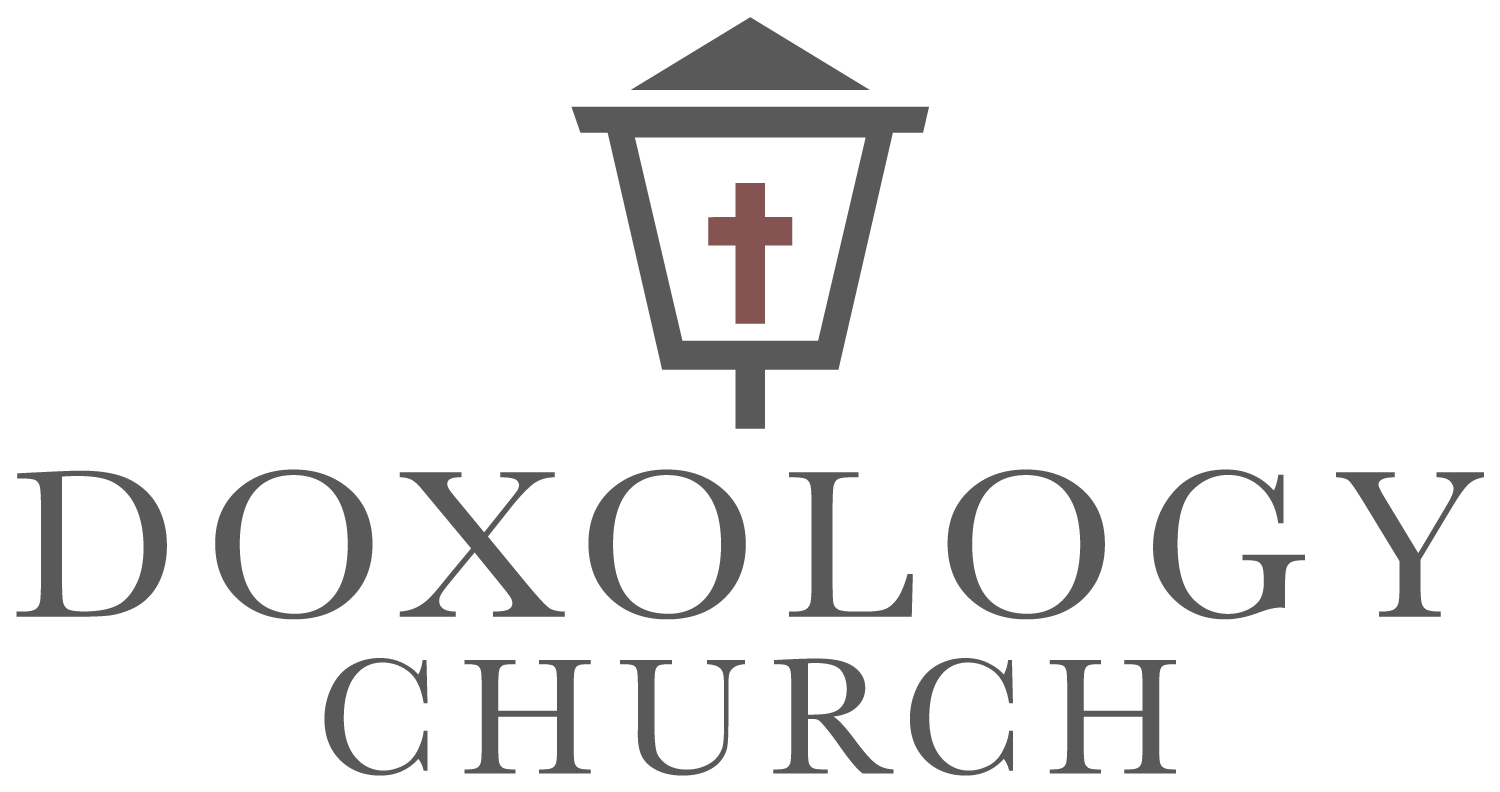2 Samuel 7 — The Davidic Covenant
Read Passage
2 Samuel 7:1-17
Overview
The Bible’s narrative arc is God’s promise to establish His Kingdom—He’ll create a place for His people to live in His presence eternally. Because of this promise, all of God’s redemptive activity through Christ can be seen as a fulfillment of the Davidic covenant.
Explanation
Summarize this section in 1-2 sentences.
Why do you think God insists that He build David a house (v.11b) rather than the other way around (v.5b)?
The word offspring in v.12 is an echo of God’s promise to Abraham in Genesis 12:7, and in both contexts God plays with the ambiguity of the word in that it can be used in the plural and singular sense. Why does He do this?
The covenants with Adam, Abraham, Moses, and David are all unfolding expressions of one Covenant of Grace God makes with humanity (see image). Imagine a rose budding: same flower, but new/broader expressions as it unfolds. Comparing just the Abrahamic Covenant (Genesis 12:2-3, 7) and the Davidic Covenant (7:9-16), what similarities do you see? What’s the key new addition God promises to David? How is this fulfilled in David’s immediate context? How is it fulfilled long-term?
credit: Covenants Made Simple by Jonty Rhodes
Application
One reason (among others) God didn’t want David to build Him a house was because He was emphasizing He didn’t operate quid pro quo like the surrounding gods (king builds deity a temple, in turn the deity prospers the king and his nation). Do you ever default to a quid pro quo approach to God? How can we help each other relate to God through grace?
Reflect on God’s promise to David: steadfast love even through death and repeated unfaithfulness/sins of the people. How does this encourage you in your personal life? How does this encourage you with respect to God’s oversight of our world and history as a whole?
David at his best both as a shepherd and a king was only a dim pointer to Christ, the perfect Shepherd-King. What does it look like for you to trust yourself to Christ’s shepherd nature and kingly nature?
Prayer
pray for one another, our church, our city

